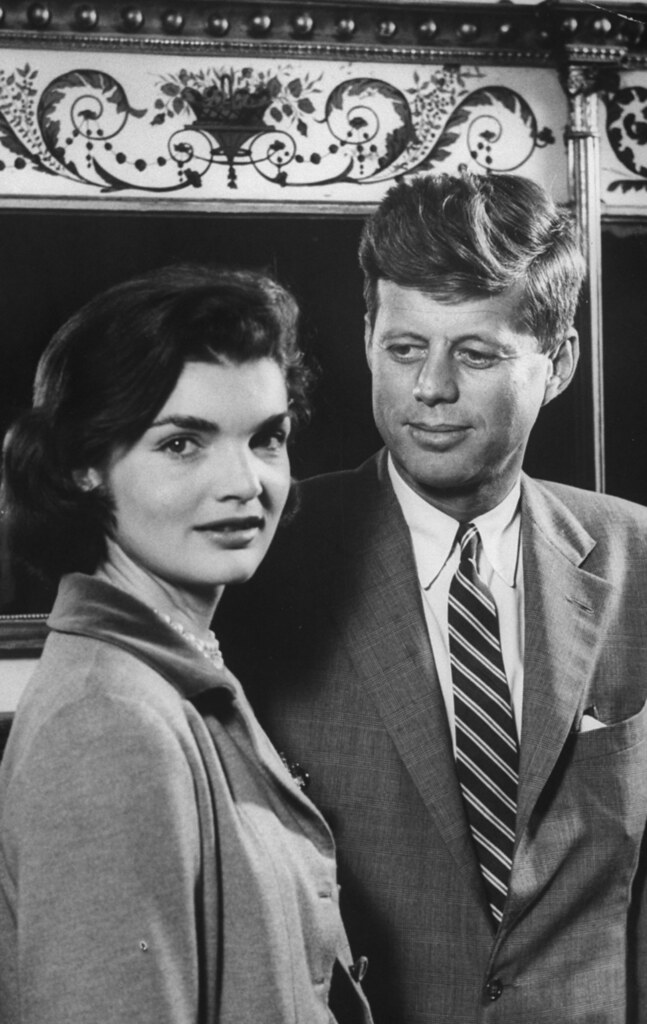One of the few clear lessons I still remember from my
Kindergarten Teacher. Treat others the way you want to be treated, and don’t
judge a book by its cover. In this, my second blog post, I am going to explain
why you should through that advice out the window.
First things first, I love
reading and always have. When I was young, I was fairly conservative reader. I
used to listen advice like don’t judge a book by its cover. Now I don’t. When I
followed that age-old rule, I would basically read my way through the fiction
section of the library in alphabetical order.
It sucked. Sure, I found some really good
books, but the majority of them just weren’t interesting to me. Then, I changed.
I stopped going in order. I now go to the library, and walk the shelves. I look
and see if there are any new books in a series I enjoy. If there are, I check
them out. If there aren’t, I browse the shelves. I look at titles, authors, and
most importantly, covers.
I think that covers are one of
the best ways to tell if you will like a book. I know that they are for me. The
artwork produces a response from my subconscious. If I like the cover, I’ll feel
drawn to the book, and, more often than not, will really enjoy it. If I’m not
drawn to the book, I move on. Now, I know what you are probably thinking. “Wait,
won’t your system make you miss good books that you would have otherwise read?”
Good question Imaginary Blog Reader! Yes, it will. On the other hand, my system
also makes it less likely for me to waste time reading lots of books that I
don’t like.
I know that you may disagree
with me. There are those among my readers who will no doubt protest that my
system is luck, or erratic. That is your right. I disagree. I have great faith
in the subconscious. I firmly believe in thin-slicing, a concept that is
explained in the book Blink, by
Malcolm Gladwell. The theory basically says that your subconscious will repulse
you from books you won’t like, and will draw you towards books you will like.
Thanks for reading! If you have
any questions or comments, please let me know, as I’d be happy to address them.









